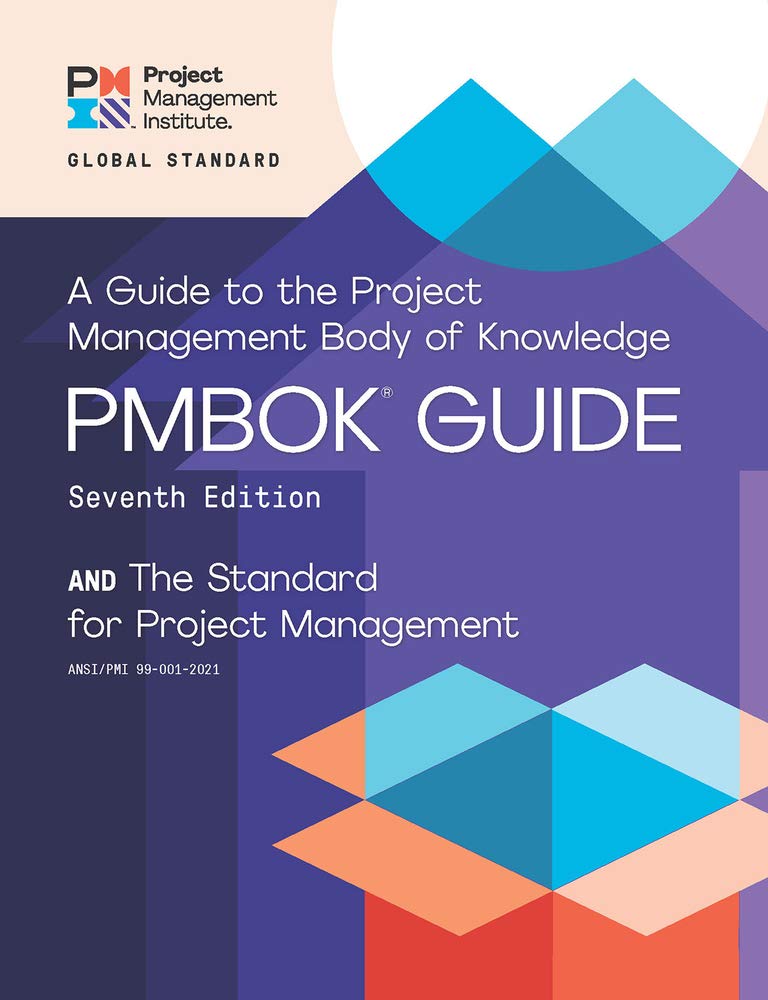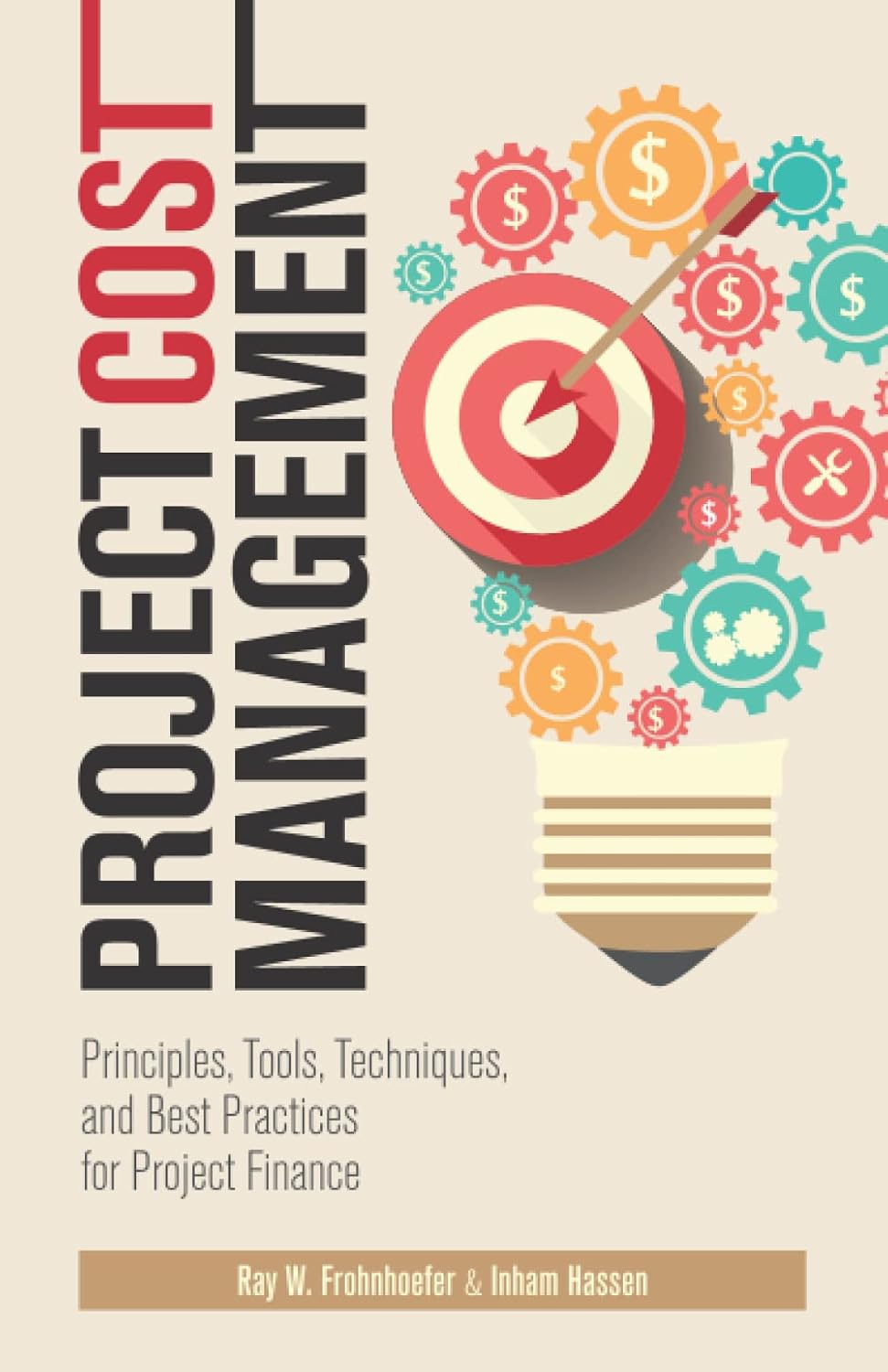
Project Budget
What is Project Budget?
A project budget is a detailed financial plan that outlines the estimated costs required to complete a project from start to finish. It includes direct and indirect costs, such as labour, materials, equipment, overhead, and contingency funds. The budget serves as a roadmap to guide financial decisions, track spending, and ensure that the project stays within its financial limits. Project managers use it to allocate resources efficiently, forecast expenditures, and secure funding. Developing an accurate project budget is critical for successful project planning and execution.
Key Points
- A project budget typically includes categories such as personnel, materials, equipment, travel, and contingency.
- Project managers develop it during the planning phase and update it throughout the project lifecycle.
- Budget accuracy improves with detailed work breakdown structures and cost estimates.
- The budget helps measure project performance through techniques like cost variance and earned value analysis.
- A well-managed budget supports accountability and helps identify financial risks early.
Related Terms
- The work breakdown structure provides the foundation for estimating costs and building the financial plan.
- Cost estimation is the process used to predict the resources and funds needed for project tasks.
- A contingency reserve is included in the budget to cover unforeseen expenses or risks.
- Earned value management allows project managers to compare budgeted costs with actual progress.
- Resource allocation ensures that budgeted funds are assigned appropriately across project activities.
Project Budget: Example
A construction company planning a new residential building develops a project budget of $5 million. The budget includes $2 million for labour, $1.5 million for materials, $500,000 for equipment, $300,000 for permits and administrative costs, and a $700,000 contingency fund. As the project progresses, the manager tracks expenses weekly and compares them to the budget to ensure spending stays on target. When unexpected soil conditions increase excavation costs, the contingency fund covers the overage without derailing the overall financial plan.
Project Budget: Best Practices
- Start with a detailed scope and work breakdown structure to create accurate cost estimates.
- Involve key stakeholders in the budgeting process to capture all potential costs and expenses.
- Include contingency funds to manage risk and unexpected changes.
- Monitor expenses regularly and adjust the budget as needed based on actual performance.
- Use budgeting software or tools to streamline tracking and reporting.
Additional Resources
Preparing for a PMI certification?
- Exam Prep Courses: PMP®, CAPM®, and PMI-ACP®
- Exam Simulators: PMP®, CAPM®, PMI-ACP®, PMI-PBA®, PMI-RMP®, PMI-SP®, PgMP®, and PfMP®
- Professional Development Units (PDUs): 15, 30, and 60 PDU Bundles




